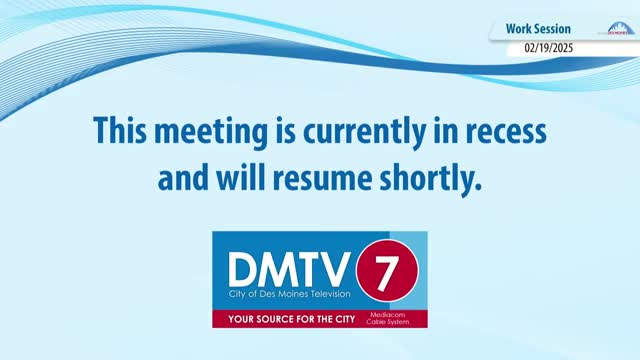Article not found
This article is no longer available. But don't worry—we've gathered other articles that discuss the same topic.
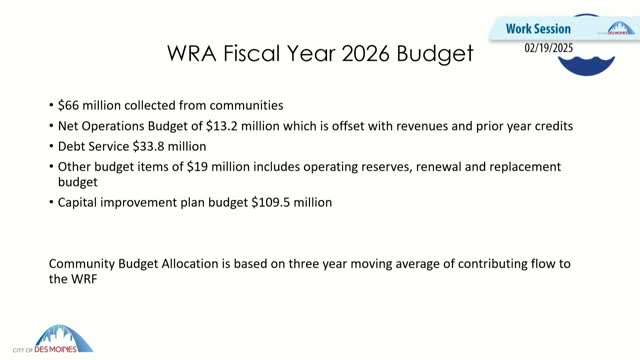
WRA board approves facility plan; Des Moines warned of large treatment-plant and debt needs
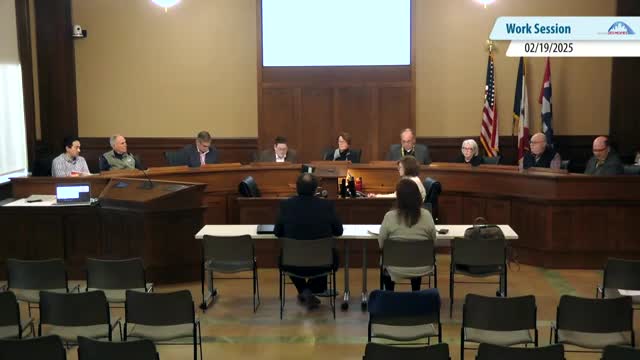
Council debate focuses on CIP priorities as Berlin Pool capital needs and park plans loom
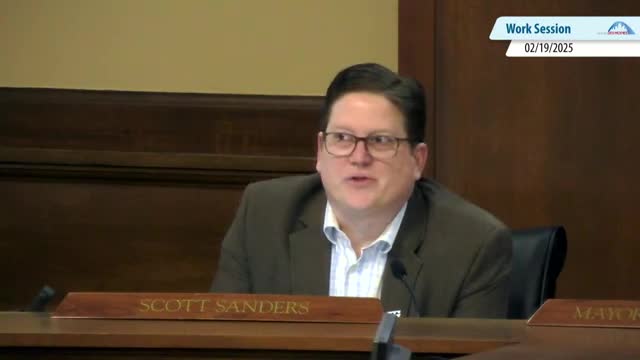
Des Moines presents 2026 budget that leans on reserves, tighter staffing and higher fees
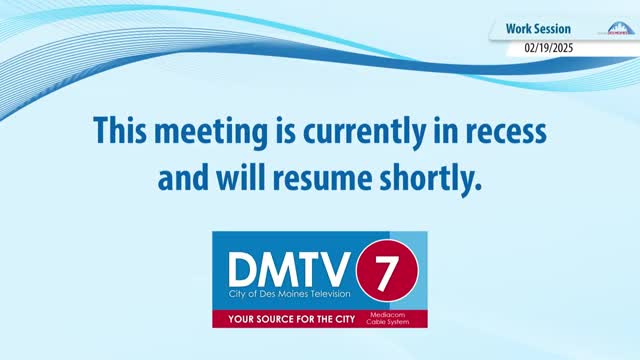
Des Moines housing office warns voucher funding falls short as rents rise; Royal View to convert under RAD program
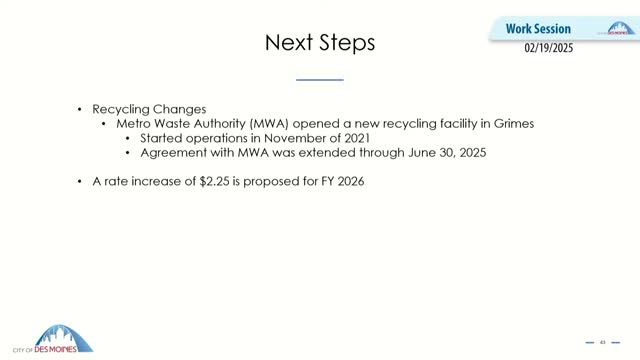
Solid‑waste officials propose $2.25 monthly rate increase to keep collection program balanced
